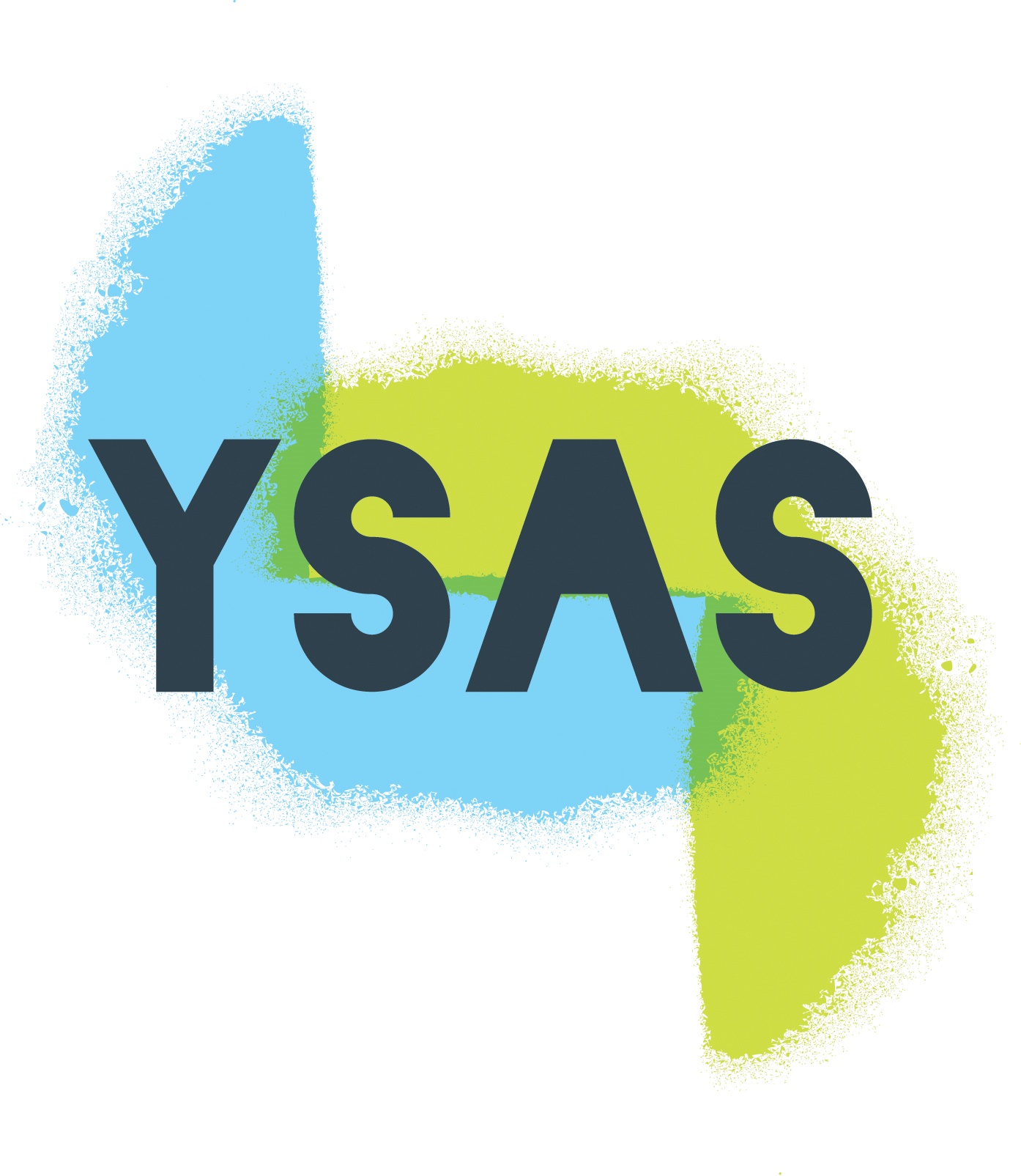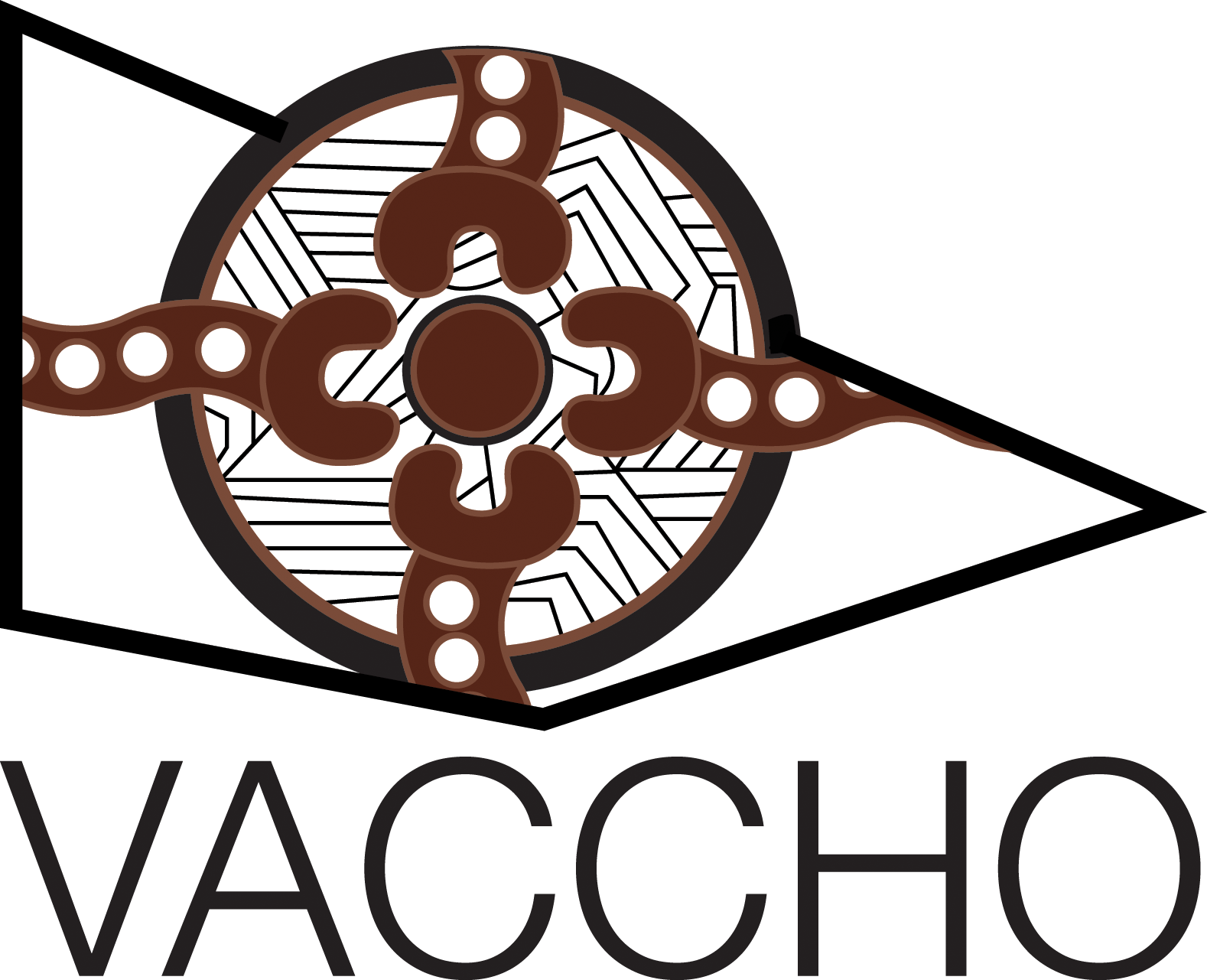IMPORTANT: registrations for training will become live approximately two months prior to start of training. To enrol in this or any training, you must click the link below and fill in the registration. If you do not complete the registration, you will not have a place in the training. If you experience a broken link, please get in touch with us at elevate@vaada.org.au
****
This half-day session will introduce participants to the key terminology used in family violence practice and provide a brief overview of the family violence system as it applies to young people. This session is designed to support participants in identifying areas of interest and the types of work and practice that can support young people.
Learning outcomes:
- Discussion of family violence discourses as they apply to young people
- Introduction to the impacts of co-occurring family violence and Youth AOD
- Overview of different strategies and frameworks for responding to young people’s family violence needs
- Factors to consider when applying a youth specific lens to family violence work including risk assessments and referrals.
IMPORTANT: registrations for training will become live approximately two months prior to start of training. To enrol in this or any training, you must click the link below and fill in the registration. If you do not complete the registration, you will not have a place in the training. If you experience a broken link, please get in touch with us at elevate@vaada.org.au
****
This half-day module builds on the Superskills for Supervisors core and Top-up workshops and allows supervisors to delve more deeply into supervision models, practices and issues related to delivering group supervision.
IMPORTANT: registrations for training will become live approximately two months prior to start of training. To enrol in this or any training, you must click the link below and fill in the registration. If you do not complete the registration, you will not have a place in the training. If you experience a broken link, please get in touch with us at elevate@vaada.org.au
****
This half-day module builds on the Superskills for supervisors core and top-up workshops and allows supervisors to delve more deeply into supervision models, practices and issues related to residential settings.
IMPORTANT: registrations for training will become live approximately two months prior to start of training. To enrol in this or any training, you must click the link below and complete the registration. If you do not complete the registration, you will not have a place in the training. If you experience a broken link, please get in touch with us at elevate@vaada.org.au
****
Youth-focused AOD Practice Program
This training program aims to increase the capacity of practitioners to effectively support and respond to the needs of young people who are using substances while also promoting the integration of contemporary evidence-informed youth AOD perspective into care planning and coordination.
This training program contains 4x course:
- Youth AOD 1 – Half-day Attachment and Trauma in Youth AOD work
- Youth AOD 2 – Half-day Developmentally Conducive Practice
- Youth AOD 3 – Half-day Young people & AOD
- Youth AOD 4 – Half-day Resilience Care Planning
It is highly recommended that the participants attend the 4 sessions.
This workshop will equip workers with a foundational understanding of adolescent development and the function, meaning and purpose of risk-taking and other challenging behaviours including AOD use. It will explore relationship-based approaches to working with young people and look at how we can move from issues based responses to a developmentally conducive practice approach.
Learning outcomes:
- Adolescent Development theories
- Risk in Adolescence.
- Developmental needs and adolescent substance use
- Relationship-based practice
- Developmentally conducive ways of working
IMPORTANT: registrations for training will become live approximately two months prior to start of training. To enrol in this or any training, you must click the link below and fill in the registration. If you do not complete the registration, you will not have a place in the training. If you experience a broken link, please get in touch with us at elevate@vaada.org.au
****
VACCHO’s Introduction to Aboriginal Cultural Safety training aims to provide the necessary foundational knowledge to enable participants to:
- Develop a greater understanding of Aboriginal cultural and social perspectives
- Engage meaningfully with Aboriginal peoples and Communities
- Strengthen existing relationships and integrate cultural safety into practice
- Identify ways to embed and apply learnings in professional and personal contexts.
Session topics include:
- The historical and intergenerational impacts of colonisation and policies and how they have shaped Aboriginal culture, peoples and Communities
- Aspects of Aboriginal identities, culture and protocols
- Fostering respectful relationships with Aboriginal peoples and Communities
- Foundational skills and strategies for implementing cultural safety into practice




